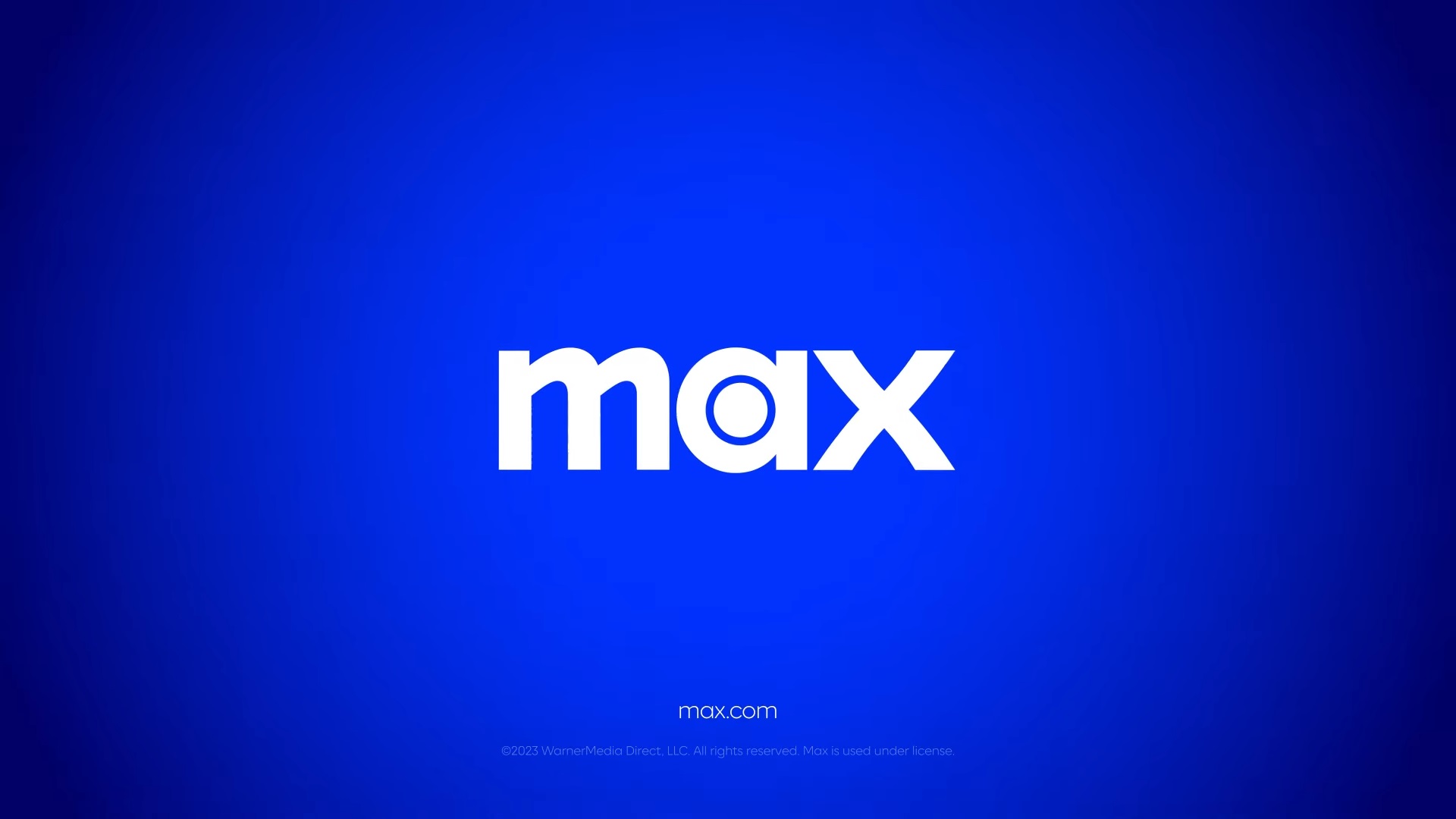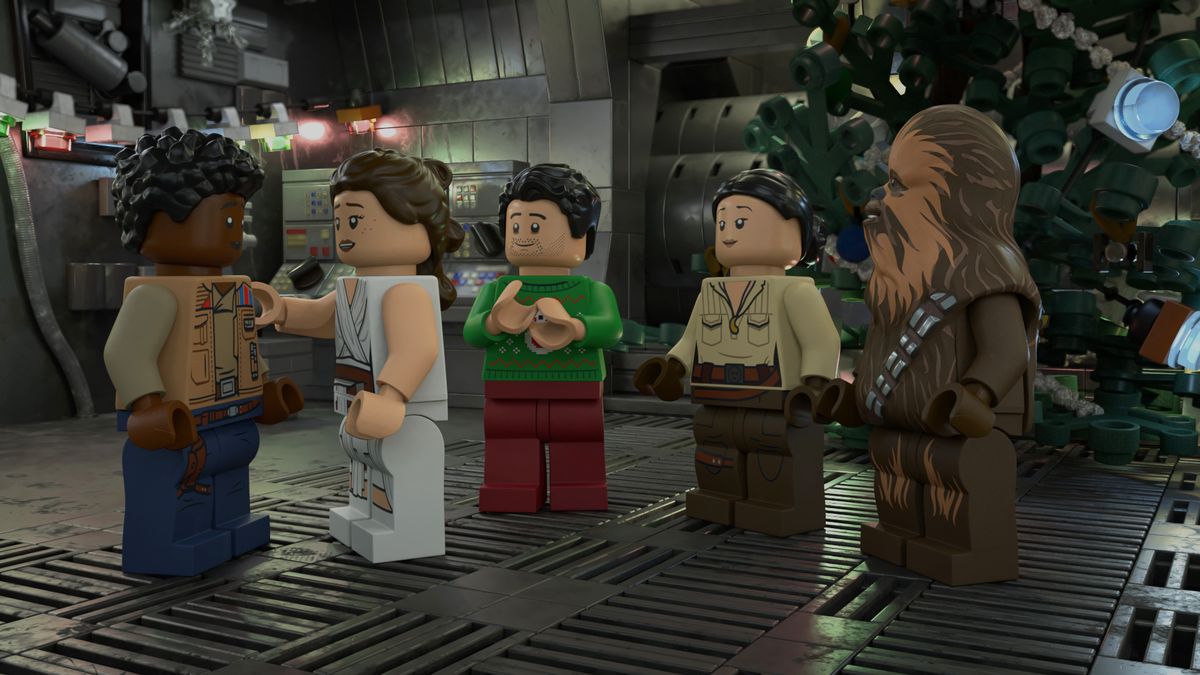Photo courtesy of eloiroudaire77 on Pixabay
Opinions expressed by contributors are their own
Chess is a game of the mind, a battle of wits and strategy, and it has been for centuries. But while the game itself is timeless, the way we play chess and the way we interact with the chess community is always evolving.
Chess has always been a competitive game, but in the past few years, the competitive side of chess has really started to take off, especially here in the United States.
The rise of online chess platforms has made it easier than ever for players of all ages and skill levels to find opponents and test their skills. These platforms have also made it easier for players to connect with one another, forming communities that share a love of chess and a desire to improve.
Of course, online chess is only one side of the coin. Overtheboard chess is still going strong, and in fact, it’s experiencing a resurgence of its own.
Chess tournaments are becoming more popular, and they’re drawing in more players than ever before. For many players, especially younger players, participating in chess tournaments is a great way to take their skills to the next level.
But chess tournaments are also a great way to connect with other players, and for many, tournaments are the best way to experience the competitive side of chess.
For the uninitiated, chess tournaments can seem a bit intimidating, but that’s where the tournament directors come in.
Tournament directors are responsible for organizing and managing chess tournaments, and they have to be ready to handle just about anything that comes their way.
Rekha Guddappa, chief tournament director
Rekha Guddappa is a Certified Chief Tournament Director with the United States Chess Federation (USCF), recognized for her expertise and commitment to highquality tournament management. Having directed over 95 USCFrated tournaments, Rekha brings a depth of experience and skill to every event, ensuring that each one runs smoothly and upholds the integrity of the game.
Beyond her work as a director, Rekha has served as Vice President of the Washington Chess Federation, where she supports chess initiatives and mentors emerging tournament directors. Her background allows her to create organized, welcoming environments that foster growth for players of all ages and levels, from youth participants to seasoned competitors.
Rekha’s comprehensive knowledge of tournament direction, combined with her dedication to the chess community, has earned her a respected role in USCFrated chess tournaments. Her leadership continues to shape the chess experience, reflecting her commitment to the values of fairness, inclusivity, and excellence.
Planning a chess tournament
Planning a chess tournament is no small task. There are many different factors to consider, and each decision can have a big impact on how the tournament is received and how smoothly it runs.
Rekha shares, “Planning a chess tournament requires a combination of strategic organization, attention to detail, and foresight. Setting objectives, selecting a venue, managing the budget, and advertising the event are just a few of the many tasks that need to be handled before the tournament even begins.”
The tournament’s objectives will help determine many of the other decisions that need to be made. For example, the objectives will help decide the tournament format, the number of rounds, and the time controls.
Selecting a venue is another major decision. The venue needs to be large enough to accommodate all players and spectators, and it should also be easily accessible.
The tournament budget is another important aspect of planning. Entry fees and prizes need to be balanced, and the budget also needs to account for venue rental, equipment, rating fees, and staff.
Once all these details are worked out, it’s time to execute the plan and run the tournament.
Executing the plan
Even with careful planning, there are always going to be challenges to face when running a tournament. Rekha has directed tournaments with hundreds of players, and managing large tournaments with many players can be logistically challenging.
“In the past, I’ve faced issues like crowded venues, long checkin lines, and the need for efficient pairings. To manage the volume, I enlisted experienced assistant tournament directors to handle pairings, disputes, and checkins in parallel, ensuring smooth operation.”
Using pairing software efficiently is also key to handling large groups, ensuring timely round starts, and minimizing downtime between rounds.
Of course, there are also many smaller challenges to face when running a tournament, and it’s important for tournament directors to stay calm and handle each situation as it comes up.
Handling disputes
Disputes are one of the most common challenges that tournament directors have to face, and they can come in many different forms.
Disputes between players are perhaps the most common, and they can be just about anything, from clock handling to an illegal move.
When players raise a dispute, it’s important for the tournament director to remain calm and give both players a chance to explain their sides.
“Maintaining neutrality is key to ensuring players feel heard. I refer directly to the USCF rulebook to settle disputes. Being wellversed in the rules helps me make quick, accurate decisions. If needed, I can consult with other TDs or rule experts on site to confirm my ruling.”
Sometimes, emotions could run high during disputes, especially if the players involved are relatively inexperienced. In these situations, it’s important for the tournament director to use diplomatic language to defuse tension and explain the reasoning behind their decisions in a respectful, patient manner.
Technical issues
Technical issues are another common challenge for tournament directors, and these can include clock malfunctions, software glitches, and more.
Having backup clocks, laptops, or manual pairing methods ready ensures that the tournament can continue without major delays.
If a major issue arises, such as a software failure or power outage, the tournament director needs to be able to fall back on manual methods, such as using paper pairings or handwritten results.
“My ability to remain composed and keep the tournament moving helps participants stay calm as well. If the players see that I’m handling the situation, they’re less likely to panic or become frustrated.”
Maintaining a positive atmosphere
Even when everything is going according to plan, it’s still important for tournament directors to maintain a positive atmosphere for all participants.
Rekha explained that one of the best ways to foster a welcoming environment is by engaging with players positively. For younger players, offering praise or highlighting their good moves, regardless of the outcome, can go a long way toward keeping spirits high.
“After each round or game, I encourage players to reflect on their performance in a constructive way. By focusing on what they learned rather than just the result, I help maintain enthusiasm and foster a growth mindset.”
It’s also important to set clear boundaries for parents and spectators regarding their role in the event, such as not interfering with games or engaging players during rounds. This helps avoid disruptions and ensures fair competition.
If a parent becomes too involved or creates tension, the tournament director needs to be able to handle the situation delicately, reminding them of tournament rules in a calm, respectful manner.
“My ability to maintain authority while being understanding helps manage the expectations of parents without creating conflict. If parents see that I’m handling the situation, they’re less likely to interfere or become frustrated.”
The importance of experience
As you can probably tell by now, tournament directing requires a great deal of skill and experience. There are so many different aspects to consider, and each tournament is bound to present its own unique challenges.
Fortunately, experience can help tournament directors prepare for just about anything. Rekha explained that, with every event she runs, she has faced unexpected challenges like equipment malfunctions, player conflicts, or scheduling issues.
“Over time, I’ve learned to remain levelheaded, assess the situation, and come up with solutions quickly. I’ve also honed the ability to keep my emotions in check and project calmness, which reassures others and helps prevent situations from escalating.”
But experience doesn’t just help tournament directors handle problems as they come up. It also helps them anticipate problems before they happen.
Anticipating problems
Anticipating problems is a crucial part of planning and executing a chess tournament, and it requires a deep understanding of the tournament process, and the players involved.
“With experience, I’ve learned to anticipate challenges and find ways to avoid them. For example, I know that players may not be familiar with the rules of the tournament format, so I make sure to explain everything clearly before the tournament begins. I also know that players may not have the right equipment, so I make sure to have extra clocks and boards on hand.”
Rekha also explained that, based on her experience, she knows that players may not be familiar with the venue, so she makes sure to provide them with a map and explain the layout.
She also knows that players may not be familiar with the pairing software, so she makes sure to explain how it works and answer any questions.
Finally, Rekha knows that players may not be familiar with the staff, so she makes sure to introduce them and explain their roles.
By anticipating these problems and addressing them ahead of time, Rekha is able to reduce the chances of encountering them during the tournament.
This is just one of the many ways that experience can help tournament directors improve the tournament experience for everyone involved.
Looking to the future
So, what does the future hold for tournament directors? What new challenges and opportunities will they face in the coming years?
Rekha sees a lot of potential in hybrid tournaments that combine inperson and online formats. She also sees a lot of potential in online chess, which has exploded in popularity over the past few years.
“I may look to enhance my skills in managing online tournaments, especially dealing with challenges like fair play monitoring and technical issues unique to the virtual space. I also see a lot of potential in organizing hybrid events that combine inperson and online formats. These events can attract a larger number of participants and spectators, making them more exciting and competitive.”
Rekha also plans to continue her education and certification as a tournament director, which will allow her to direct larger or more prestigious tournaments, including international or titled events.
She also plans to explore larger or multiday events, which will require more coordination, including logistics, accommodation, and sponsorships.
“Partnering with local chess clubs or national organizations to host larger or higherprofile events may help expand my network and give access to new resources, including volunteers, media coverage, and sponsorships.”
Finally, Rekha plans to engage younger players and underrepresented groups in chess, which is an opportunity to grow the game’s popularity.
“Organizing tournaments focused on youth or community outreach could help introduce chess to new audiences, enhancing my impact as a TD and community leader. I could explore ways to tailor tournaments to encourage participation from diverse groups, such as offering specific sections or resources that make events more accessible.”
The world of competitive chess is changing, and tournament directors are going to have to adapt to these changes. But as Rekha has shown us, tournament directors are more than capable of handling whatever comes their way.



/cdn.vox-cdn.com/uploads/chorus_asset/file/23270003/vpavic_220210_5030_0054_Edit.jpg)




